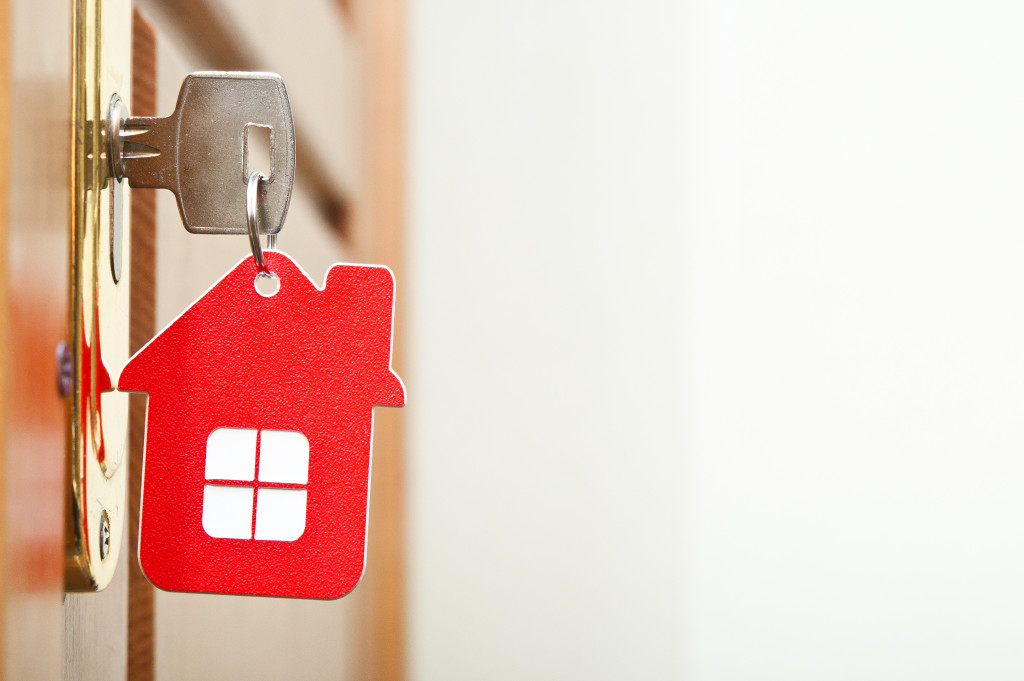Children are inherently curious creatures. The primary way they learn is by exploring and discovering their surroundings. However, as a parent, it can also lead to accidents. It’s estimated that about 270,000 children die at home annually worldwide. As a parent, your number one priority is keeping your children safe. You would do anything to protect them from harm, but sometimes it’s difficult to know where to start. Here are five ways to keep your children safe at home.
Teach Them How to Use Emergency Services
Emergency services are always available to help, but your children must know how and when to use them. Teach them about 911 and how to call for help in an emergency. It’s also a good idea to have a family plan in place for what to do in case of a fire or natural disaster. Here’s how you can teach them to use emergency services effectively:
Show them how to dial 911 on the phone and explain when it’s appropriate to use.
- Practice role-playing emergencies, such as a fire or intruder in the home
- Ensure they know their full name, address, and phone number if they need to communicate this information to emergency responders.
Teaching your children about emergency services and having a plan in place can help keep them safe in an emergency.
Childproof Your Home
As your child begins exploring their surroundings, ensuring that your home is safe for them is essential. Here are some ways you can childproof your home:
Buy New Furniture
Furniture is one of the main reasons why children get injured at home. Opt for furniture with rounded edges, and make sure that any heavy furniture, such as dressers or bookshelves, is secured to walls to prevent them from tipping over.
Install Safety Locks
Safety locks on cabinets and drawers can prevent children from accessing potentially harmful items such as cleaning products and medications. It’s also a good idea to have safety locks on windows to prevent falls.
Cover Electrical Outlets
Covering electrical outlets not only prevents shocks but also stops curious little hands from inserting objects into the outlets
Keep Sharp Objects Out of Reach
Knives, scissors, and other sharp objects should be stored in locked drawers or high cabinets where children cannot reach them. This can help prevent cuts and injuries.

Secure Your Home
Properties in the United States are susceptible to property crimes. It’s estimated that about 6.9 million property crimes happen in the country. That’s why it’s vital to secure your home from intruders. Here are ways to do that:
Update Locks
Make sure to update your locks regularly. A good and straightforward lock is a rim cylinder lock. This lock is harder to pick and offers more security than other locks. It also has a rustic look so that to any door.
Install a Security System
Security systems, such as cameras and alarms, can help protect your home from intruders. However, it’s also a good idea to plan what to do in case of a break-in. Here are some essential things you need for your security system:
- CCTV cameras: Cameras are crucial if you want to keep an eye out on your children while you’re at work. They also act as evidence if a break-in were to happen.
- Motion detectors: These can alert you if there is any movement in your home and can be helpful in case of a break-in.
- Alarm system: Alarms can scare off intruders and alert the authorities if necessary.
Develop a Family Safety Plan
In an emergency, it’s essential to have a plan in place so everyone knows what to do. It down with your family and develop a plan that includes who to call, where to meet, and what to do if you get separated. You should also plan for natural disasters, such as fires or hurricanes. Practice the plan with your family, and update it regularly.
Teach Them About Stranger Danger
Your child needs to know how to deal with strangers. Teach them never to accept gifts or rides from strangers, and ensure they know how to identify a safe adult they can go to if they need help. You can also teach them some basic self-defense moves in case they ever find themselves in a dangerous situation.
As a parent, it’s natural to want to protect your children from harm at all costs. By following these five tips, you can help create a safe environment for them at home so you can rest assured knowing they’re always protected.

